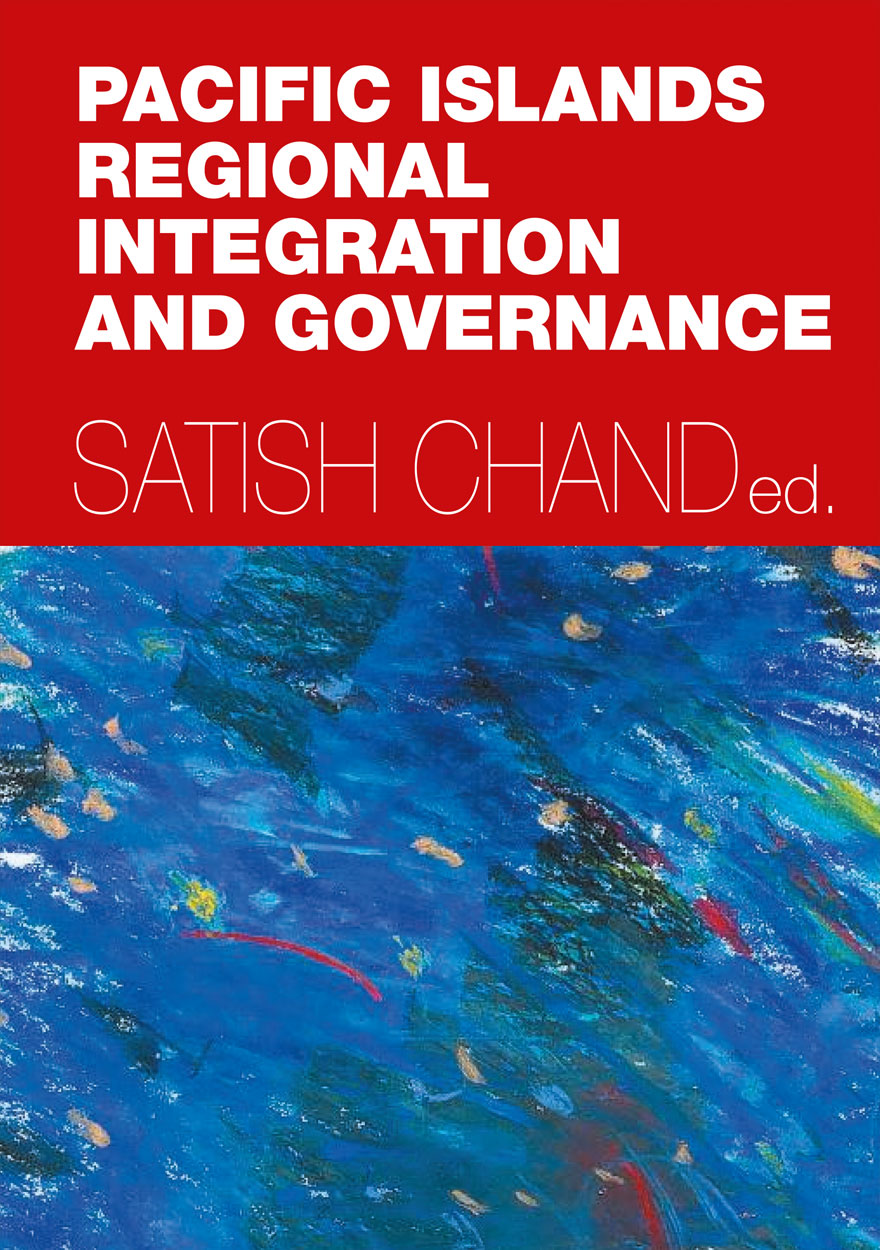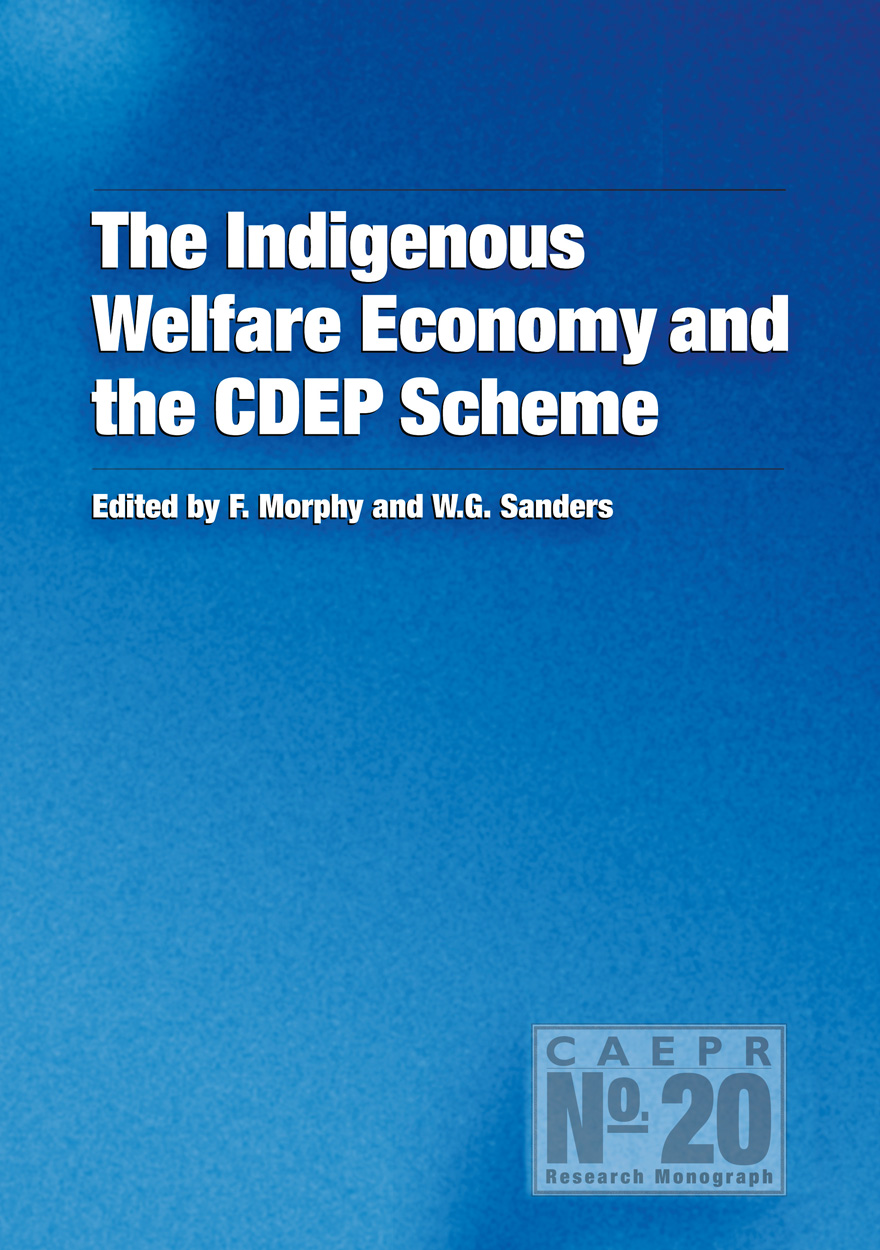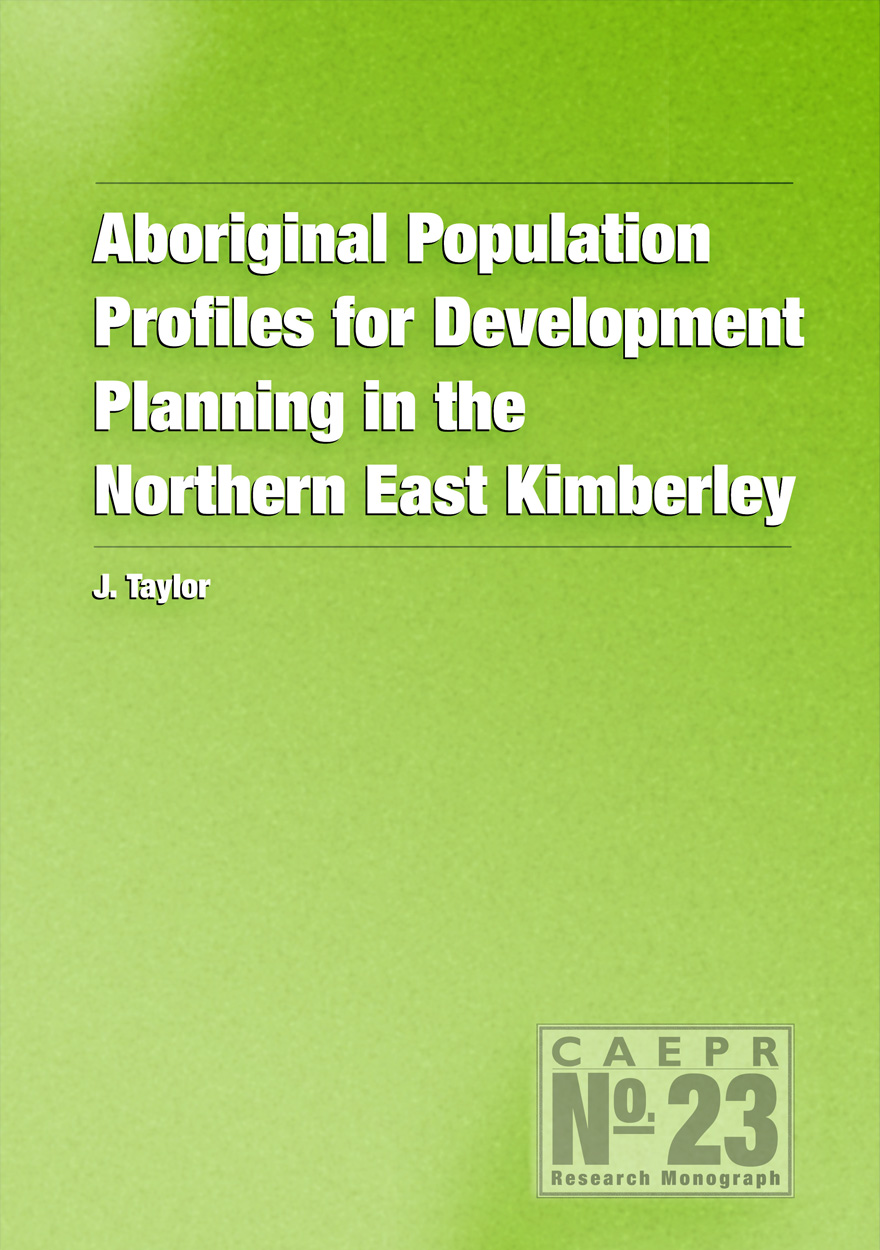Search titles
Displaying results 271 to 280 of 282.

The First Ten K R Narayanan Orations »
Essays by Eminent Persons on the Rapidly Transforming Indian Economy
Edited by: Raghbendra Jha
Publication date: September 2006
The rapidly transforming Indian economy has thrown up a number of possibilities as well as several challenges with profound implications for India’s vast population as well as globally. The K R Narayanan Oration Series at the Australia South Asia Research Centre in The Australian National University has been devoted to in-depth examination of this important issue by leading experts. The present volume collects the first ten essays in this series. Contributors include Dr Raja Chelliah, Dr U R Rao, Prof. Jagdish Bhagwati, Mr P. Chidambaram, Dr C. Rangarajan, Lord Meghnad Desai, Prof. Pranab Bardhan, Dr Vijay Kelkar, Dr M S Swaminathan, and Dr K. Kasturirangan. The essays cover a broad array of topics from various aspects of economic reforms, the political economy of India’s development, the role of agriculture in India’s food security and the role of space research in India’s economic development. His Excellency Dr Narayanan and his successor as President of India, His Excellency Dr A.P.J. Abdul Kalam, have provided introductory messages to the orations.

The Turning Point in China's Economic Development »
Edited by: Ross Garnaut, Ligang Song
Publication date: August 2006
The profound economic transformation in China is not a linear process. It is subject to fundamental shifts in its underlying structure. One of those structural transformations will be a shift from unlimited to limited supplies of labour in China’s economic development. Is China approaching this turning point? What are the dynamic forces in driving China moving towards this turning point? What are the economic and policy implications of this turning point in China’s economic transformation and development? The book discusses these important issues by focusing on China’s long-term pattern of growth and employment, demographic shifts and rural-urban migration, its agricultural trade and local elections, China’s banking sector reform and its fiscal sustainability, China’s interaction with the international economy and global imbalances, its industrialisation and its resource and energy demand, was well as its environmental concerns. Contributions to this volume are made by leading analysts from China, the United States and Australia.

Giblin's Platoon »
The trials and triumph of the economist in Australian public life
Publication date: April 2006
Around 1920 there formed a friendship of four men who were to be at the heart of Australian economic thought and policy-making over the next 30 years: L.F. Giblin, J.B. Brigden, D.B. Copland and Roland Wilson.
This book tells their story. As economists, they were to become key figures in the debates of the day, staking sometimes controversial positions on protectionism, central banking, industrial relations, and federalism. As public figures they were at the hub of several events punctuating their times: the Premiers’ Plan of 1931, the Bretton Woods conference of 1944, and the inauguration of the United Nations in San Francisco in 1945. As leading public intellectuals, they spoke out on censorship, appeasement and defence. As four men who really counted in Australian public life, they were decisive in the establishment of The Australian National University, the Commonwealth Grants Commission, and the modern form of the Australian Public Service and the Australian Bureau of Statistics.
Giblin’s Platoon comprehends the personal and intellectual dimensions of their lives, as well as depicting them in political and cultural contexts. It recounts their chequered relations with Jack Lang, John Curtin, S.M. Bruce, R.G. Menzies, and J.B. Chifley, as well as their encounters with the Bloomsbury group, Joseph Conrad of the Jindyworobaks, and William Dobell.

In the Service of the Company- Vol 1 »
Letters of Sir Edward Parry, Commissioner to the Australian Agricultural Company
Publication date: November 2005
Sir Edward Parry’s correspondence and record keeping as Commissioner to the Australian Agricultural Company were voluminous. His letterbooks, reproduced as In the Service of the Company Vol. I and Vol. II, form part of his lengthy despatches to the Directors in England.
The extensive archives of the Australian Agricultural Company, including the records of both the London and Australian head offices, have since 1955 been deposited with the Noel Butlin Archives Centre at The Australian National University.

Pacific Islands Regional Integration and Governance »
Edited by: Satish Chand
Publication date: November 2005
This book brings together experts from around the world to consider specific issues pertaining to regional integration and governance within small states. The authors collectively address the challenges posed to small states by the quickened pace of globalisation. The lessons learnt from the experiences of small states are then used to draw policy lessons for the Pacific island countries.
Pacific Islands Regional Integration and Governance will be of interest and relevance to academics and advanced students of the Pacific, its history and current challenges, as well as the general reader who has an interest in the area.

The China Boom and its Discontents »
Edited by: Ross Garnaut, Ligang Song
Publication date: October 2005
China is shaping the global economy as never before. An insatiable demand for commodities, energy resources and capital, and deepening integration to the world economy has won China acclaim. Yet 25 years of rapid industrial development, far-reaching economic reforms and increasing international competition have also created an array of challenging domestic policy demands.
The China Boom and its Discontents discusses the financial and social challenges that have emerged in the wake of rapid economic growth. Recent research on demographic trends, labour movements, financial development, social security, urbanisation and trade agreements highlight the unfinished progress of reforms in China.

Ethics and Auditing »
Edited by: Tom Campbell, Keith Houghton
Publication date: June 2005
Ethics and Auditing examines ethical challenges exposed by recent accounting and auditing ‘lapses’ through a study of interconnected moral, legal and accounting issues. The book aims to engage a broad readership in the discussion of audit failure and reform.
With its range of intellectual and practical perspectives, Ethics and Auditing provides critical analyses of auditor independence, conflicts of interest, self-regulation, the setting and enforcing of auditing standards, and ethics education.

Information Systems Foundations: Constructing and Criticising »
Edited by: Dennis Hart, Shirley Gregor
Publication date: June 2005
This volume contains the papers presented at the second biennial Information Systems Foundations (‘Constructing and Criticising’) Workshop, held at The Australian National University in Canberra from 16-17 July 2004. The focus of the workshop was, as for the first in the series, the foundations of Information Systems as an academic discipline. The particular emphasis was on the adequacy and completeness of theoretical underpinnings and the research methods employed. At the same time the practical nature of the applications and phenomena with which the discipline deals were kept firmly in view. The papers in this volume range from the unashamedly theoretical (‘The Struggle Towards an Understanding of Theory in Information Systems’) to the much more practically oriented (‘A Procedural Model for Ontological Analyses’).
The contents of this volume will be of interest and relevance to academics and advanced students as well as thoughtful and reflective practitioners in the Information Systems field.

The Indigenous Welfare Economy and the CDEP Scheme »
Edited by: Frances Morphy, Will Sanders
Publication date: May 2004
In recent debates about the Indigenous welfare economy, the Community Development Employment Projects (CDEP) scheme has not been given the attention it deserves. It represents a major adaptation of the Australian welfare system to the particular social and economic circumstances of Indigenous people.
Part I of this volume contains overview papers which place the CDEP program in its wider cultural, sociopolitical, and economic contexts. The contributions in Part II address policy and policy-related issues which impact directly, or indirectly, on the structure and function of the CDEP scheme as a whole and of individual CDEP projects. Part III presents research based case-studies of particular CDEP projects in their regional contexts, drawn from the Northern Territory, South Australia, and Victoria. Part IV consists of short case studies, from the perspective of the participants themselves, of a number of CDEP organisations. These case studies provide an important perspective, taking up and providing a grass-roots view of many of the broader policy themes and concerns that are discussed elsewhere in the monograph.
The crucial issue, addressed by many of the contributions, is how Indigenous self determination and the rights agenda, which argues for the unique and inherent rights of Indigenous Australians, will sit with (or in opposition to) the ‘mutual obligation’ of the Howard government’s welfare reform. The volume thus represents a contribution to an ongoing and important debate in current Australian social policy.

Aboriginal Population Profiles for Development Planning in the Northern East Kimberley »
Authored by: John Taylor
Publication date: March 2004
John Taylor is a Senior Fellow at the Centre for Aboriginal Economic Policy Research, The Australian National University, Canberra.
The Northern East Kimberley region of Western Australia is poised at a development crossroads with decisions pending on the extension or closure of Argyle Diamond Mine, and the ever-present prospect of agricultural expansion based on Ord Stage II. This region also has a major economic development problem—half of its adult population (almost all Aboriginal) is highly dependent on welfare, mostly outside the mainstream labour market, and ill-equipped to engage it.
Aboriginal people are major stakeholders in the region as its customary owners and most permanent residents. Whatever decisions are made about future development, it is essential that they bring about improvements in Aboriginal participation, not least because of the high opportunity cost to Aboriginal people and to government of failing to do so.
This study profiles social and economic conditions in the region, focusing on the Aboriginal population. It examines demography, the labour market, income, education and training, housing and infrastructure, health status, and regional involvement in the criminal justice system. It provides a quantum to discussions of need, aspirations and regional development capacities, as well as a benchmark against which the impact of developmental actions may be assessed.



